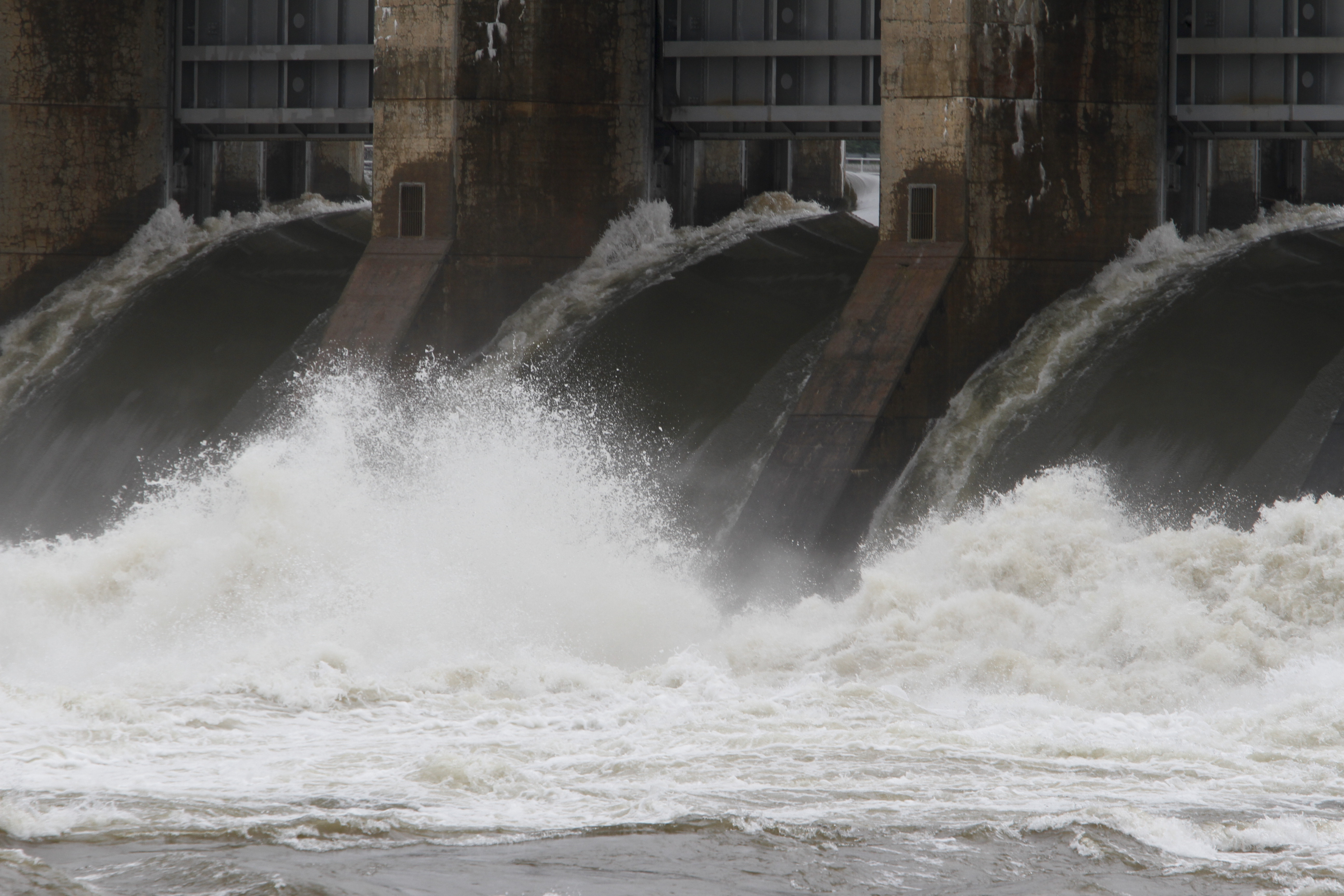Climate debate needs to shift to innovation
Friday, January 1, 1904
How much record rainfall, heat, storms and atmospheric carbon readings do we need to know we should not accept status-quo climate policies and solutions?
Frankly, the continual and tiring debate about what came first, cyclical climate change or the industrial revolution's impact on it, doesn't matter. What does matter is how we react to changes happening in our here and now. Better yet, we should focus on the opportunities those changes present.
The western United States are burning up. Wildfires this year have scorched nearly 2 million acres and taken the lives of 19 firefighters. Coastal states in the East are still picking up the pieces and rebuilding more than year after Hurricane Sandy wreaked billions in damages. Atlanta on a daily basis needs 500 million gallons more water than it has.
In the meantime, it's July - the month when the Southeast in recent years has become accustomed to worrying about drought.
Not this year. Today if you floated a boat in the raging Tennessee River beneath the Market Street Bridge, you'd be floating 15 feet higher than normal. Since Jan. 1, Chattanooga alone has received at least a dozen inches more rainfall than normal.
Focusing on opportunities and solutions was what Franklin Delano Roosevelt did in the 1930s when he convinced Congress to create the Tennessee Valley Authority to deal with floods that swamped the Southeast, leaving a population with no power and plenty of mosquitoes.
If the Tennessee River and its tributaries could be tamed, Roosevelt and smart congressmen reasoned, opportunities for industry and jobs would explode. They were right. Look at where the region is today. We're the new mecca of living and working.
So consider the opportunities for a smart and sustainable future, with or without climate change as a manmade or cyclical event.
If we devise ways to use less power, we need to generate less power. If we don't have to build as many power plants, utilities have lower debt. That means power costs less for industries that provide jobs. That means they can provide more jobs.
And how about finding ways to store a rainy day?
On Tuesday, TVA was releasing excess water from days of rain at 19 of its 29 hydropower dams. At Chickamauga, TVA was releasing 1.4 million gallons per second. That's more than 120 Olympic-sized pools per minute.
If someone could figure out how to save just the flood stage runoff in Chickamauga excess releases, Atlanta's water problem could be improved. Think about that patent under the name of global warming possibilities.
It's time to stop debating who shot John over climate change.
Instead, let's get to the task of innovating.

